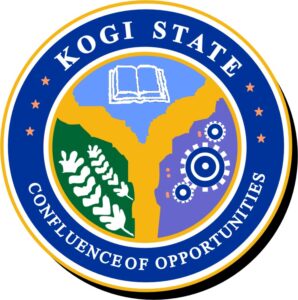UNILAG establishes multidisciplinary Malaria centre for research capacity building
Centre for Malaria Research, Diagnosis, Training and Policy, University of Lagos, on Sunday, said it had established a Malaria centre for research capacity building and policy.
Director of the centre, Prof. Wellington Oyibo, gave the hint in an interview with our Correspondent in Lagos.
According to him, the centre will support national and continental malaria programme implementation towards achieving national and global targets.
The professor of Medical Parasitology further stated that the centre, which is multidisciplinary, would work out a broad-based partnership at all levels of governance.
“It will also work with non-governmental organisations as well as international developmental organisations, with the infusion of academic inclinations with programmatic activities to ensure an accelerated malaria control to pre-elimination phase in the country,” he said.
The tropical disease specialist added that already, the centre had developed programmes that were impactful in supporting the march to zero malaria in the country.
“Towards this end, the centre will build capacity in form of short term courses for students for certificates, postgraduate diplomas, master and doctoral degrees in relevant areas across tropical and diagnostic parasitology.
“Another area will include implementation science for tropical health programmes, while diverse research, from different scopes, will be conducted from parasite, human vectors, human behaviours, geospatial remote sensing and medical sociology.
“Policy imperatives will also be given attention, in line with research to policy reviews, analysis and formulations.
“Through research, data will be provided; there will also be an increase in our research in Malaria, and through research questions, we will be able to provide answers and have a more robust platform.
“UNILAG is poised to consolidate the already existing ANDI Centre of Excellence for Malaria Diagnosis by looking at other wider issues that will address and confront the hydra-headed malaria issues in Nigeria,” he said.
Oyibo added that the institution would also collaborate with all interested parties and call for support from organisations, especially the private sector, to partner with the centre.
According to him, it is only through such partnership that the centre can achieve greater impact.




